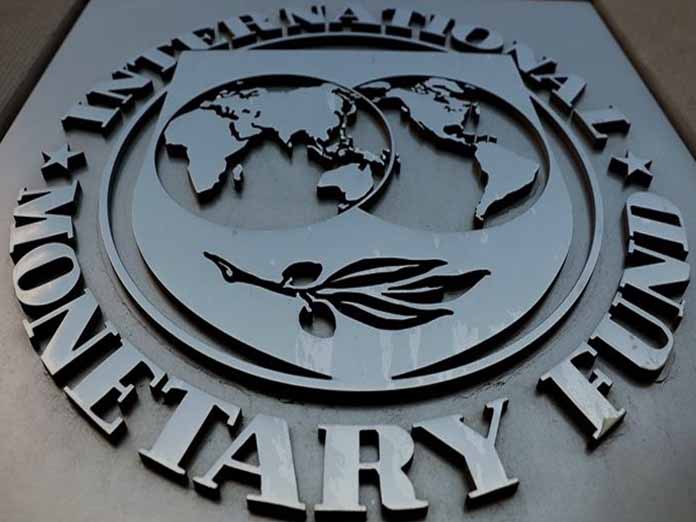Oil Companies Advisory Council (OCAC) and its Member Companies (Refineries, OMCs and Pipeline Transportation Company) has suggested long term measures to overcome the losses surfaced from the incident which include short-term to long term measures.
According to the statement of the OCAC, the Council suggested that in order to further strengthen the existing system of oil transportation to ensure safe delivery; the following measures are being taken by the Executive Committee of OCAC:
Short Term
Strengthening our existing systems and processes in the area of Vehicle Management, Driver Management, Journey Management, Mutual Emergency Response Plans and Contractor Management.
• Engagement with Federal and Provincial Government Departments, Civic Agencies, OGRA, NHA and Cartage Contractors, with specific focus on joint coordination and control when such incidents occur, i.e. a more robust ERP, led by local district administration
Medium Term
• Overall Fleet Up gradation to ensure vehicles plying on the roads are up to the required standards.
• Public engagement and awareness with the help of Federal and Provincial Governments to ensure that people understand the hazardous nature of Petroleum Products, understand how they are to be handled especially when such an incident takes place.
• Implementing recommendations from studies already conducted and those underway to alleviate some of the issues / bottlenecks around our Ports and various areas of our Supply Chain.
Long Term
• Transitioning all PMG movement from South to north of the country from road to pipelines so as to eliminate safety exposure linked with road transport.
• Ensuring implementation of long term plans that can mitigate supply related infrastructure and transport issues.
OCAC offer their deepest condolences to the victims and their families over the unfortunate accident involving an oil tanker near Ahmed Pur Sharqia – Bahawalpur, and sympathizes with all those affected by the tragedy.
While the incident began with the Tanker rolling over and spilling its oil contents, it was the fire which was the major contributor to the disaster. This occurred during the collection of petrol spilled from the upended tanker following a spark taking place in the immediate vicinity. Lack of awareness on the dangers associated with the highly flammable fuel caused the loss of over 200 precious lives.
Such incidents not only highlight lack of public safety awareness but also the inherent weaknesses in our system and society that encourages people to pursue such activity unaware of the danger that awaits them.
The tragic incident claimed more than 200 lives and is an eye-opener for the entire nation, a great tragedy for which no matter what words we express are insufficient. While an investigation is underway, as responsible corporate entities it is incumbent upon us to not only look for the root cause of this incident but also to further improve the processes and procedures within our businesses, to mitigate such events happening in future.
It is important to note that currently while most of the HSD (High Speed Diesel) is transported via pipeline, the major amount of PMG (Premier Motor Gasoline) is transported across the country through Tank Lorries. The growth rates for PMG have been between 10-20% per annum over the last several years due to exponential increase in demand and catering to such an increase has put tremendous pressure on the supply chain of the country including ports, terminals, road transport and retail network, especially during peak periods of demand, such as Eid. Key focus of the Oil Industry always remains safe transport and distribution of petroleum products and the following areas related to Tank Lorries are important:
1. Vehicle Management
2. Driver Management
3. Journey Management
4. Emergency Response Plan (ERP) covering Oil Spills and Fire
The Industry already has the following in place and implemented:
1. Tank Lorry Minimum Safety Standards
2. Basic Defensive Driving Course conducted by the NHMP (National Highway and Motorway Police)
3. Mutual Aid Plan for Handling Road Transport Emergencies







